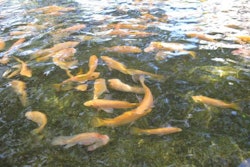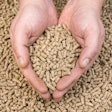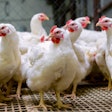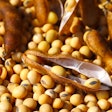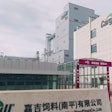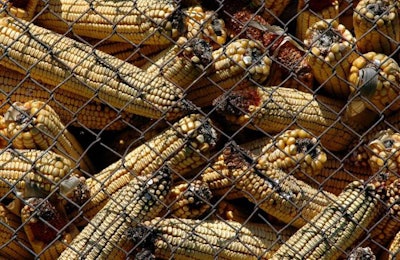
Mycotoxins cost the European agriculture industry EUR3 billion (US$3.4 billion) each year, presenting risks to human and animal health throughout the animal feed and food chain.
Set up this year under the European Union’s Horizon 2020 research and innovation program, MyToolBox is a multi-actor partnership including stakeholders from academia, farming, technology SMEs, the food industry and policy-making. It aims to develop novel interventions to reduce crop losses due to fungal and mycotoxin contamination by between 20 and 90 percent. It will run for four years with funding to a value of EUR5 million (US$5.7 million). The resulting cloud-based platform will provide real-time, customized advice about mycotoxins to farmers and other decision-makers in the food and animal feed chains.
Taking a field-to-fork approach, the project will develop cutting-edge interventions both pre- and post-harvest, and consider safe options for the use of contaminated batches, such as the production of biofuels. Recommended measures will be offered to end-users in a web-based Toolbox.
MyToolBox will support the animal feed sector globally by focusing on small grain cereals and corn – as well as peanuts and dried figs – and it will be applicable to the farming conditions in the EU and China.
“The MyToolBox project has the potential to save tens of millions of euros annually in reduced crop losses and achieve real reductions in dietary exposure to mycotoxins, which is immeasurable in terms of benefits to human health,” said the project coordinator, Professor Rudolf Krska of the University of Natural Resources and Life Sciences (BOKU) in Vienna.
Biomin joins the MyToolBox research consortium
Among the partners in the multidisciplinary team of scientists, engineers and IT specialists from 23 governmental, academic and industry organizations in 11 countries working on the MyToolBox project is Biomin.
“The project’s focus on prevention and empowering actors along the food and feed chain make it unique,” said Dr. Gerd Schatzmayr, research director at the Biomin Research Center at Tulln in Austria.
The company will conduct lab- and pilot-scale testing of preventive measures to diminish the occurrence of mycotoxins in the production of biofuels and fermentation by-products such as distiller’s dried grains with solubles (DDGS), which are often used in livestock feed.
“The bioethanol industry may see a revenue boost, and livestock producers could see animal health and performance improvements due to higher quality DDGS thanks to lower mycotoxin contamination,” added Schatzmayr.
Some major agricultural markets have no framework in place to provide guidelines for mycotoxin deactivation products such as feed additives. Biomin will use its mycotoxin biomarker analysis — aflatoxins and fumonisins in particular — to inform feeding trials to be conducted in China as part of a broader interest in the development of such regulations.
“There is a clear benefit to the livestock industry and end consumers generally in having ‘rules of the road’ that govern the safety and efficacy of mycotoxin deactivators,” said Schatzmayr.
According to the Biomin Mycotoxin Survey 2015, 84 percent of corn, wheat, soybean and finished feed samples contain at least one mycotoxin, and there are often several present at once.



